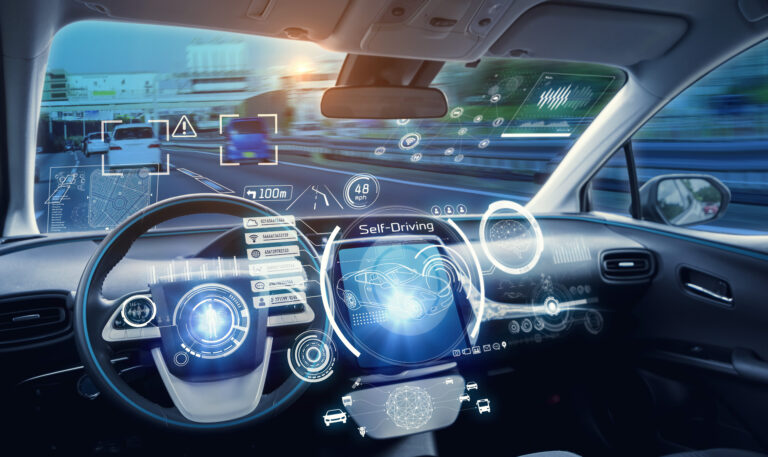Mobility technology company AVL, in collaboration with Microsoft, Hexagon, Synopsys and Tracetronic, has developed an integrated digital and automated toolchain to support the deployment of automated and autonomous vehicles (AVs). The solution is designed to enhance the efficiency and precision of simulation and testing of driving functions, incorporating various sensors, control elements and driving environments.
Currently, testing automated and autonomous vehicles poses significant challenges due to the complexity of driving functions and the diverse real-world scenarios they encounter. To address this, AVL and its partners have launched the ADET Autonomous End-to-End-Testing initiative to develop “a consistent, digital, and automated toolchain” with the goal of facilitating an increase by a factor of 500 in the number of simulation runs within the same development timeframe.
Bernhard Mueller-Bessler, head of virtual mobility at Hexagon, said, “ADET is intended to provide a boost for ADAS tests and in the future also AD tests. We can only be successful if everyone works together – in the right place, at the right time, and in the right constellation. That is why we decided to work as partners rather than individual players.”
The collaboration involves the creation and exchange of test scenarios through digital, automated workflows and tools. Teams from manufacturers and suppliers can access results remotely, aimed at enabling early detection and resolution of system malfunctions.
Leveraging the combined expertise of AVL, Microsoft, Hexagon, Synopsys, and Tracetronic, tests can be efficiently planned and executed on Microsoft Azure infrastructure. Data evaluation and analysis processes can be automated and exchanged, with central orchestration of processes, tools and test sequences.
Key services within this architecture include Azure Kubernetes Service (AKS) for container orchestration, Azure Batch for auto-scaling, and purpose-built HPC/AI compute instances on Azure for AI workloads, including machine learning operations (MLOps) powered by Azure Machine Learning.
Martin Böhm, head of autonomous driving software solution at Tracetronic, explained, “The efficiency and performance required to test and validate autonomous driving functions can only be achieved with perfectly coordinated processes and tools from the partners involved. By orchestrating testing in physical and virtual environments, we provide the foundation for distributed and highly scalable execution, enabling fast and precise feedback in the development process.”
Tom De Schutter, VP of engineering systems design group at Synopsys, said, “The effort and cost required to validate ADAS and automated driving systems are significant. Digital twins of the electronics for these applications address the need to efficiently run software and system tests at lower costs.”
Jens Poggenburg, executive VP at AVL, said, “This initiative offers AVL the opportunity to bring integrated tools for the development process of autonomous and software-oriented vehicles to the market and to make them available to customers in the form of Software as a Service.”


